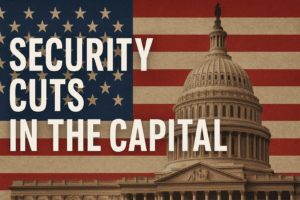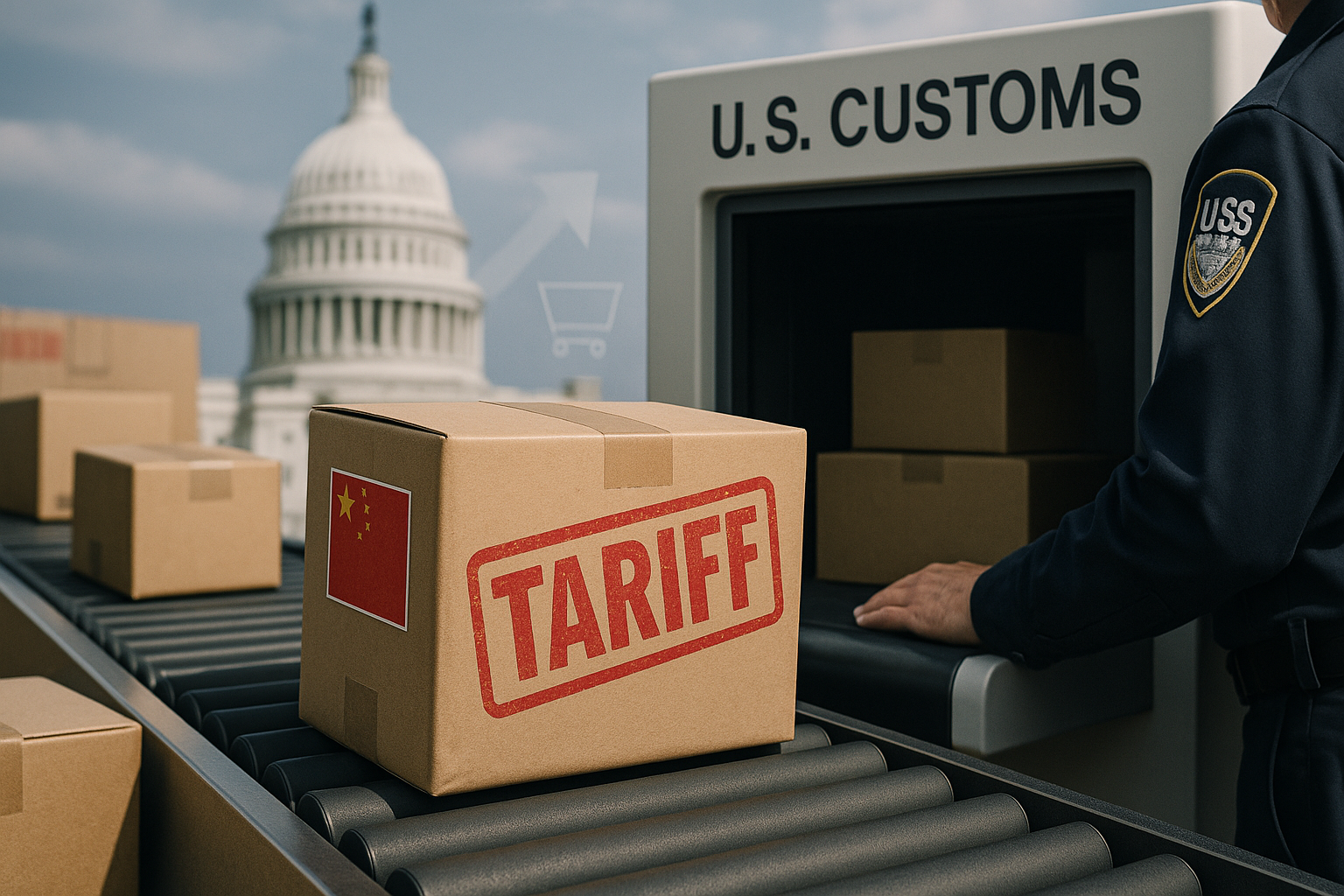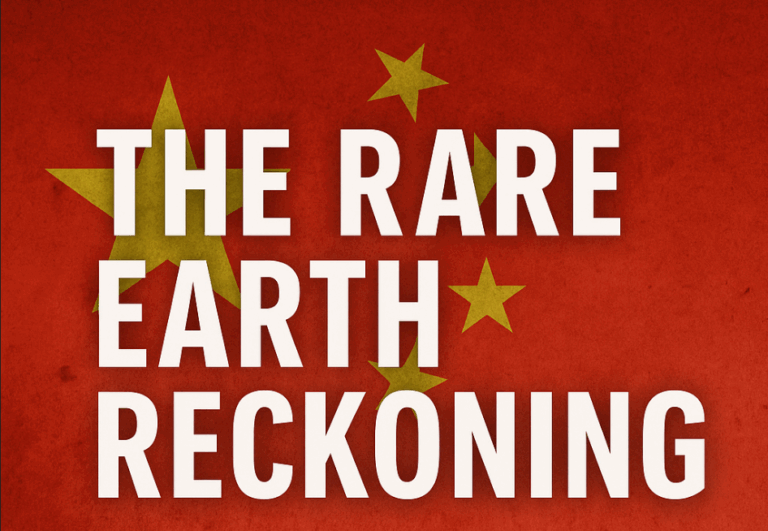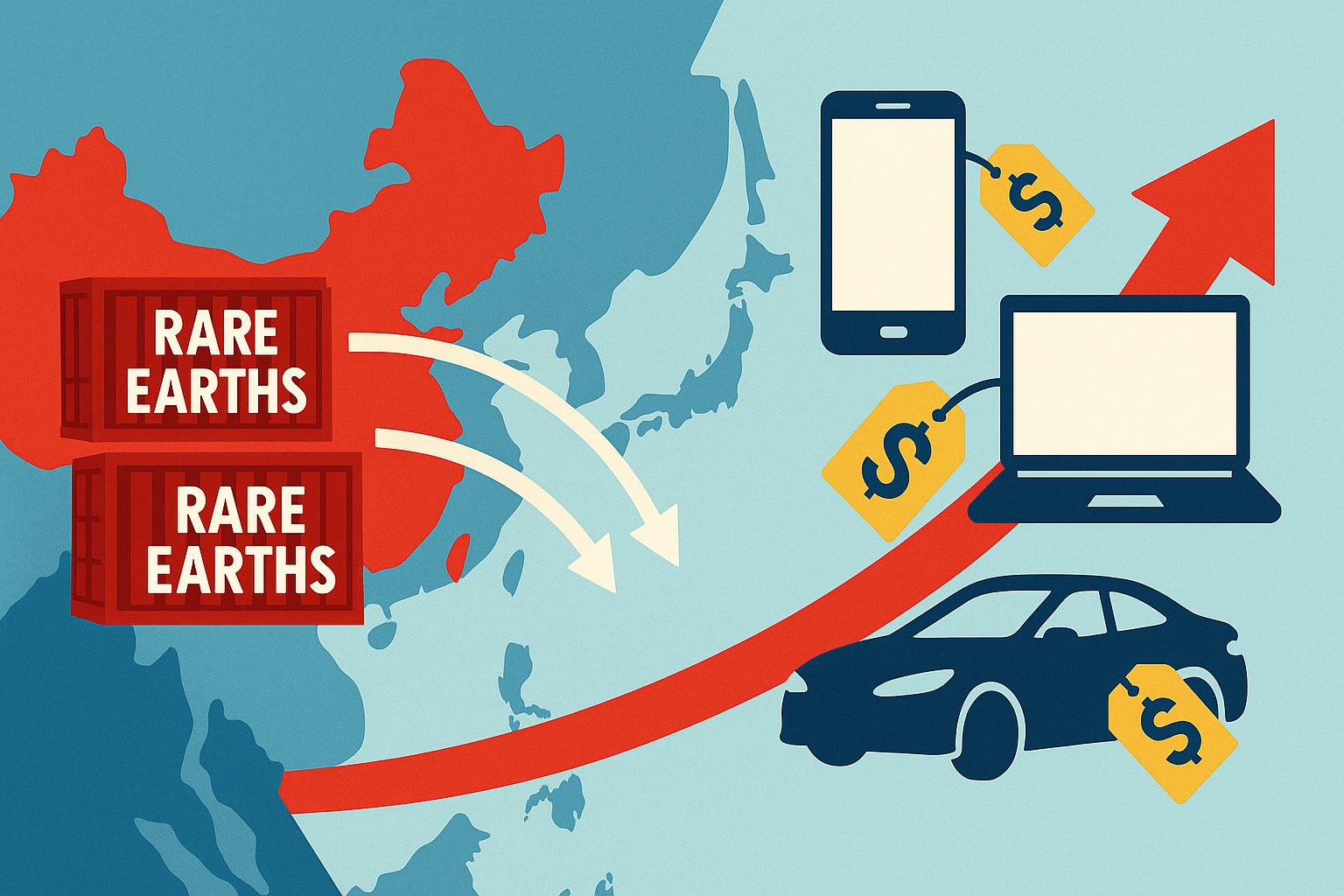A seven‑day burst of tariff activity has yanked a little‑known customs rule into the spotlight and set the stage for higher prices on online bargains, longer delivery times, and fresh friction with America’s trading partners. The United States has scrapped duty‑free treatment for most low‑value parcels, China has fired back with steep duties of its own, and Japan is racing to shield its carmakers—all developments that could nudge everyday inflation up again just as families gear up for summer shopping.
For years, the “de minimis” rule let any import valued under $800 enter the U.S. without paying normal customs tax or filing complicated paperwork. This loophole fuelled the rise of ultra‑cheap marketplaces such as Temu and Shein. On 2 May, Customs and Border Protection (CBP) ended that privilege for parcels from China and Hong Kong, branding the change as a way to curb counterfeit goods and fentanyl precursors.
Under the new policy, postal shipments below $800 now face a 120 percent tariff or a flat $100 charge that will double on 1 June, while express‑courier parcels remain covered by a separate 145 percent duty President Trump imposed last month. CBP processed more than 1.36 billion of these low‑value packages in 2024—roughly four million a day—so converting each into a formal import entry is expected to test staffing at ports, airports, and parcel hubs.
Retailers and analysts say shoppers will feel the pinch soon. The National Retail Federation calls the measure “one of the biggest consumer tax hikes in modern history.” It predicts 20–30 percent price increases on popular impulse buys once existing inventory sells through. Oxford Economics estimates that the broader tariff landscape, now crowned by the small‑package levy, could keep U.S. inflation hovering near 4.5 percent this year and bump appliance prices by double digits. Some Amazon marketplace sellers are skipping Prime Day to protect margins, which could narrow product choices for bargain hunters.
Big‑name platforms are already pivoting. Wired reports that Temu has stripped out listings shipped directly from China and begun pushing goods stored in U.S. warehouses, while Bloomberg notes both Temu and Shein have posted warnings of unavoidable price hikes. Supply‑chain consultants add that smaller overseas boutiques, faced with new paperwork and fees, are deleting the United States from their shipping menus entirely.
The fallout is not confined to China. Tokyo’s chief negotiator wrapped up a second round of talks in Washington on 1 May, hoping to see a 25 percent U.S. duty on Japanese cars lifted before it bites harder into sales; both sides aim for a draft deal by June. Meanwhile, Beijing slapped a 125 percent tariff on American goods, filed a World Trade Organization complaint, and hinted that U.S. farm exports could be next if Washington refused to bargain.
Whether these skirmishes cool depends on a possible face‑to‑face meeting in Geneva later this month. China insists it will only show up if the United States “demonstrates sincerity” by putting duty rollbacks on the table, while U.S. officials counter that steep tariffs must stay until trade imbalances narrow If the talks stall, American parcel fees jump again on 1 June and Beijing’s draft retaliation could start to squeeze grocery bills by late summer. In plain terms, a rule most people had never heard of has disappeared, and its absence is about to show up in cart totals and delivery trackers nationwide. Expect fewer rock‑bottom online deals, slower shipping, and, if negotiations go badly, wider price creep across everything from school clothes to patio grills. The global trade chessboard just tipped another pawn, and households are holding the bill.













